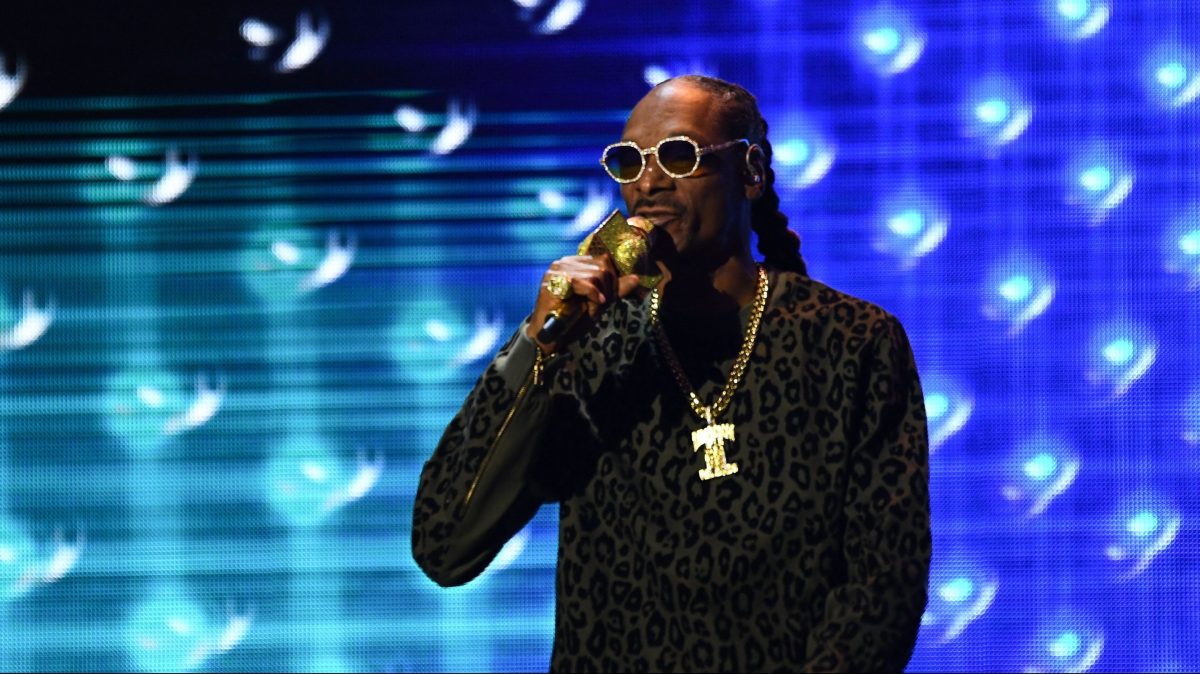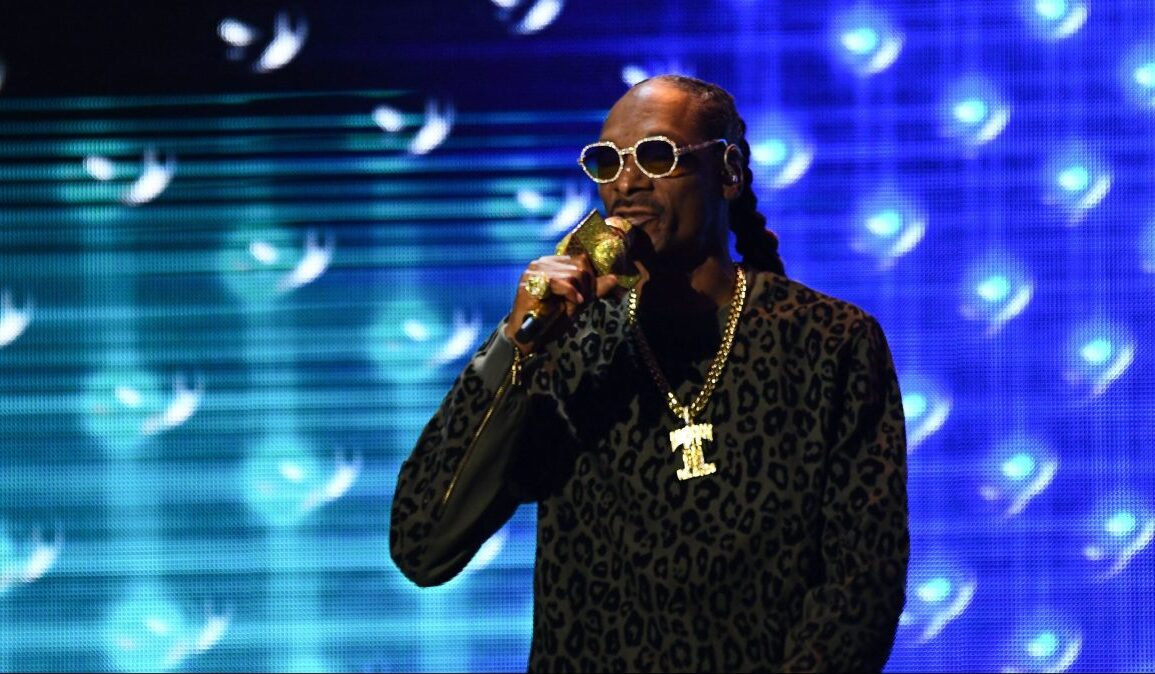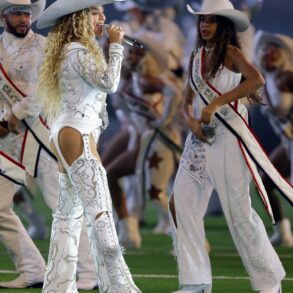
All this month, music fans across the country and the world are celebrating the 50th anniversary of hip-hop, tracing it back to a famous August 1973 party in the Bronx, New York, that launched a musical and cultural movement. That movement became an economic engine as well.
Since its early days, hip-hop has gone from subculture to beyond mainstream, making millionaires and billionaires in the process.
Shain Shapiro, chair of consultancy firm Sound Diplomacy, writes about how music can drive economic development.
“Hip-hop is the world’s most popular genre and is responsible for many of the streams and many of the usage compared to lots of other genres,” Shapiro said.
Its cultural impact here in the United States is ubiquitous.
“So it’s not just the music, but it’s the art. It’s the clothing, right?” said Cassandra Chaney, a professor at Louisiana State University’s School of Social Work. “And it just becomes so embedded in our everyday lives that it actually bleeds into the economic side.”
Hip-hop artists show up in movies, sports and, of course, ads pitching clothes, alcohol, cars, even pet supplies.
“Virtually every brand has found an opportunity to either bring hip-hop into its strategy but in a way that sort of is inherently then collected and commodified,” said Steven Jumper, CEO of the creative firm Ghost Note Agency.
Jumper said hip-hop at 50 is at a crossroads, sorting out the culture versus — or in addition to — the commodity.
And he’s looking forward to seeing where it goes.
There’s a lot happening in the world. Through it all, Marketplace is here for you.
You rely on Marketplace to break down the world’s events and tell you how it affects you in a fact-based, approachable way. We rely on your financial support to keep making that possible.
Your donation today powers the independent journalism that you rely on. For just $5/month, you can help sustain Marketplace so we can keep reporting on the things that matter to you.
This post was originally published on this site be sure to check out more of their content.







